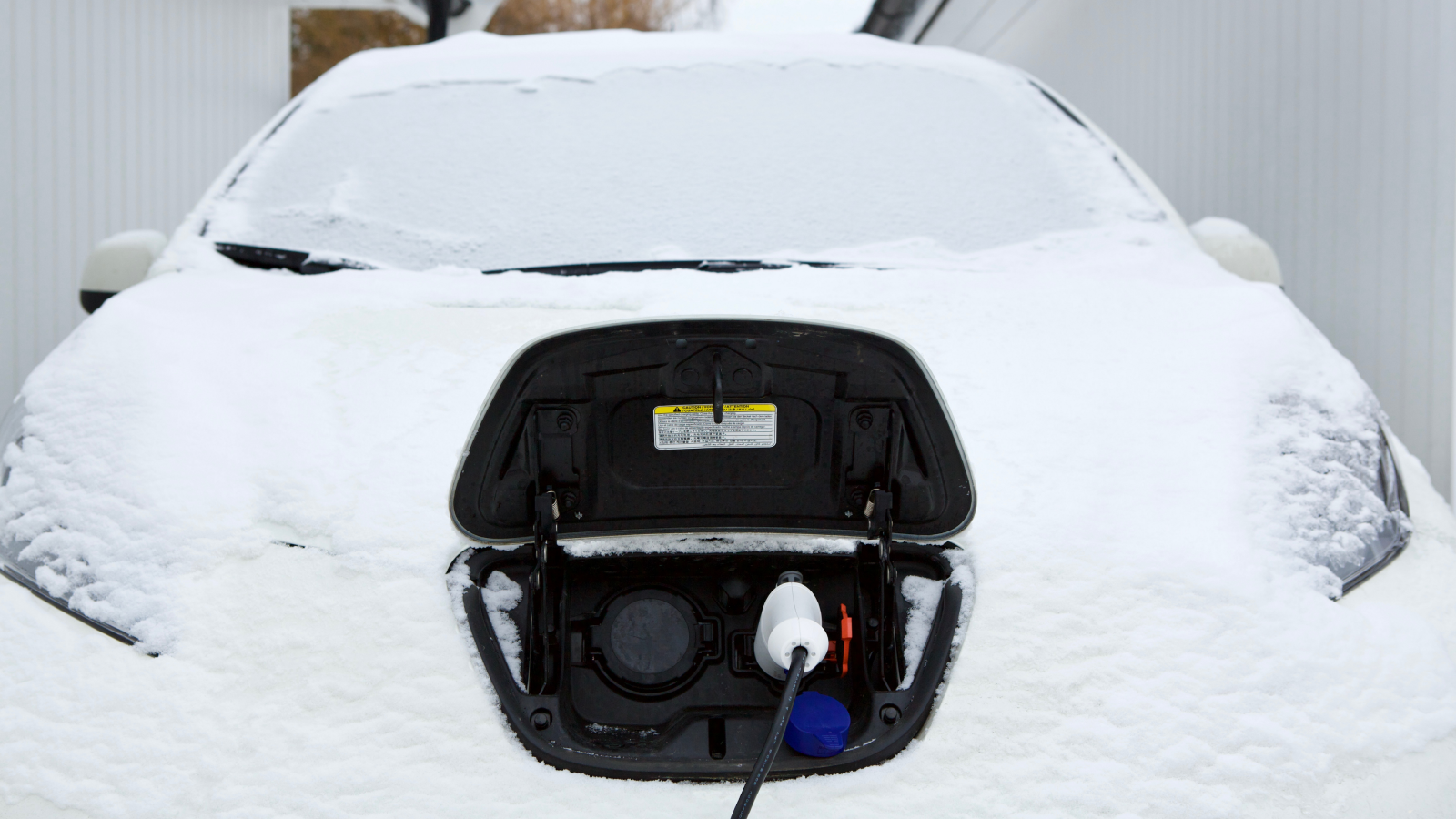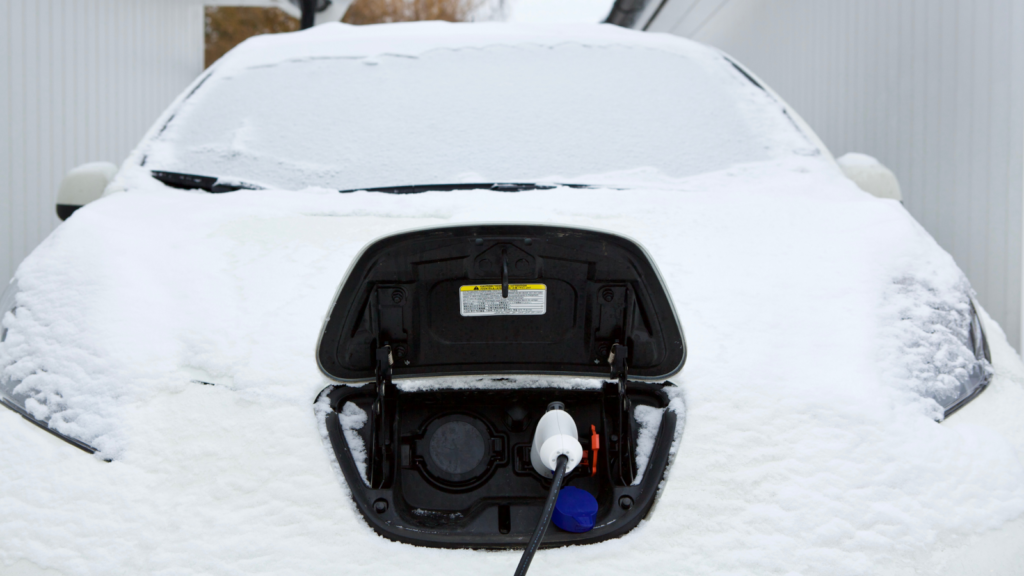
Electric vehicles could charge 500% faster in cold weather thanks to a new manufacturing process, research suggests.
In a new study published March 17 in the journal Joule, scientists explained how they could markedly improve Lithium-ion battery charging rates in temperatures as low as 14 degrees Fahrenheit (minus 10 degrees Celsius) by tweaking the structural design of the battery and altering the chemical reactions that occur during charging.
The researchers were able to “simultaneously achieve extreme fast charging at low temperatures, without sacrificing the energy density of the lithium-ion battery,” Neil Dasgupta, study author and associate professor of mechanical engineering and materials science at the University of -Michigan, said in a statement.
Cold temperatures limit charging rates and reduce overall energy efficiency due to the chemical processes at play during charging.
Batteries work by moving lithium ions between two electrode plates within a liquid electrolyte solution. This process is efficient in warmer temperatures, but in colder conditions, the electrolyte fluid thickens, reducing electrical currents and thereby extending charging times.
Related: Future electric cars could go more than 600 miles on a single charge thanks to battery-boosting gel
It’s an issue manufacturers have addressed in several ways, including increasing the thickness of the electrodes used in battery cells or by modifying the structure of the battery itself. But these steps have further exacerbated the problem. A 2023 study on lithium-ion battery efficiency showed alterations to the composition of electrolytes impeded fast-charging capabilities, for example.
Researchers create new ‘pathways’ for ions
In a previous study published in 2020, the researchers created what they described as new “pathways” in the anode — the electrode that receives lithium ions during charging and sends electrons to the cathode at the opposite end.
To create these pathways, the researchers used lasers to poke holes in the anode’s graphite layers, which enabled lithium ions to move faster, in turn meaning they could embed themselves more quickly within the electrode.
This earlier project sped up charging times, but in cold weather conditions, it created a buildup of lithium on the anode. This “plating,” prevented the electrode from reacting with the electrolyte fluid.
“That plating prevents the entire electrode from being charged, once again reducing the battery’s energy capacity,” study co-author Manoj Jangid, a senior research fellow at the University of Michigan, told Live Science.
To prevent this layer from forming, in the new study they coated the battery with a 20 nanometer-thick material made from lithium borate-carbonate. Previous research in solid-state batteries showed that this material improved the efficiency of ion delivery.
In this instance, the coating, combined with the pathways technique delivered a 500% increase in charging efficiency in sub-zero temperatures, the researchers said. Batteries modified using these techniques also retained 97% of their capacity, even when fast-charged up to 100 times in subfreezing temperatures.
While the study was limited in scope, Dasgupta said the changes are easy to implement at the manufacturing level and could have wide-ranging implications.
“We envision this approach as something that EV battery manufacturers could adopt without major changes to existing factories,” Dasgupta said.
